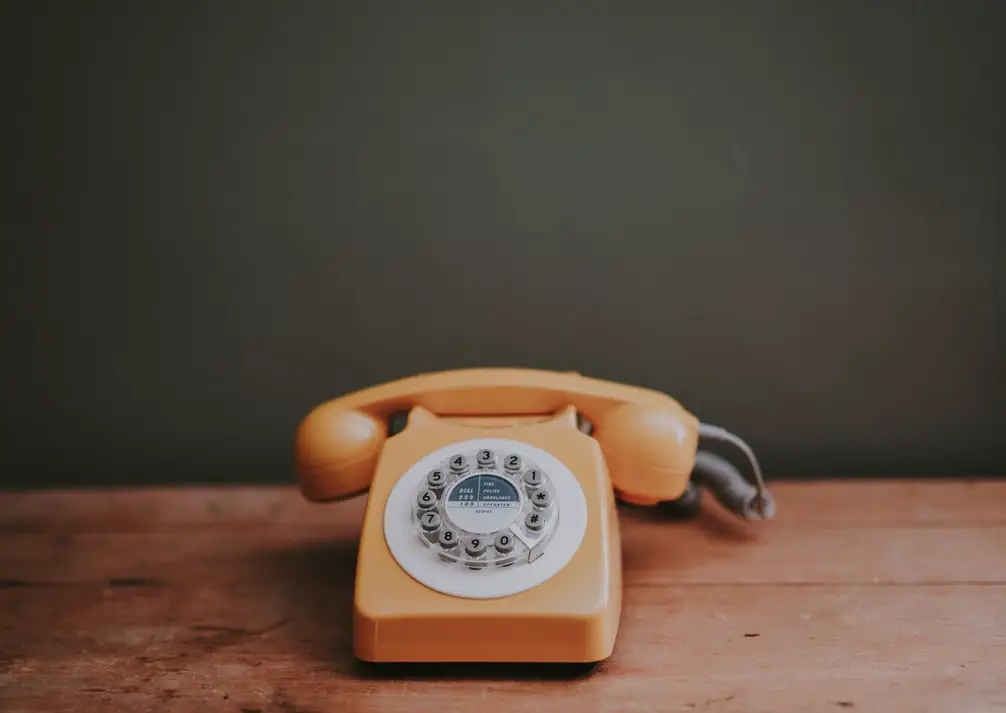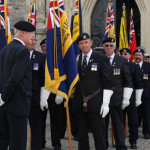The official number of patients testing positive for Coronavirus (Covid-19) only counts those who are in hospital – Currently that’s listed as 38 on the Isle of Wight.
With Government guidance being that those who think they have C19 should self-isolate at home, some have wondered how many people are doing this. There have been no official figures for those people.
Data recently released perhaps gives a view of how many people that might be – but OnTheWight has discovered these figures should not be taken at face value.
111/999 calls
The data released by NHS England last week charted the number of calls to 111 or 999 from people reporting potential Covid-19 symptoms.
The figures – based on the number of calls not people (eg, the same person may have called a number of times) – relates just to the number of people reporting their symptoms, not the outcomes of physical tests for Coronavirus.
The stats
According to the data the Isle of Wight is listed sixth on the table of triage calls with 1,340 total calls. This is compared to the 38 officially confirmed cases at the hospital.
When broken down into age groups, the categories provided are pretty wide.
| 0-18 years | 19-69 years | 70-120 years |
|---|---|---|
| 267 | 842 | 197 |
| 20% | 63%` | 15% |
NB: 34 calls (3 per cent) were not categorised
Surprising to see the 0-18 years so high, but as was said previously, people may have called more than once, which might be more understandable with parents concerned about children.
The female/male split in calls shows more women than men calling.
| Female | Male |
|---|---|
| 785 | 555 |
| 59% | 41% |
Is the Isle of Wight a hotspot?
Over the weekend the Sunday Times ran an article based on the data, which pointed to the Isle of Wight being a hot-spot.
What the Sunday Times didn’t take into consideration was that the Isle of Wight’s 111 hub also takes calls from other neighbouring areas.
Calls from other areas included
Although the data looks as though the calls on the Island with people reporting symptoms are higher than many other areas in the UK, it is not a true reflection of the situation.
A spokesperson for Isle of Wight NHS Trust told OnTheWight,
“The data published by NHS England shows that the local NHS 111 service has been much busier than normal during the recent COVID-19 pandemic.
“Call handlers on the Isle of Wight have supported neighbouring parts of the NHS when they have been very busy and answered calls from the mainland. This has pushed up the overall number of calls received by NHS 111 on the Isle of Wight.”
Other caveats
Another caveat to the data is that a new national system has been set up, hosted by South Central Ambulance Service (SCAS), to manage these ‘out of area’ calls.
IW NHS Trust say the Island has seen a reduction in these calls taken by its NHS 111 call handlers. However SCAS can sometimes take calls from the Island (if calling from a mobile depends on the cell tower connected to).
The conclusion is that no data is perfect and there are very often caveats to which might not be instantly obvious.
Government Covid-19 guidance: Stay alert and stay safe
Wash your hands thoroughly and frequently (video tips).
Social distancing
It is recommended that you maintain at least a two metre gap (about 6.5ft) from people who are not from your household.
Seeking advice
Use the NHS 111 online coronavirus service that can tell if you need medical help and advise you what to do.
Article edit
9.30am 9th Apr 2020 – Info about SCAS added
Image: annie spratt under CC BY 2.0





